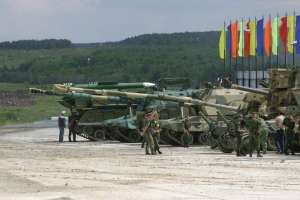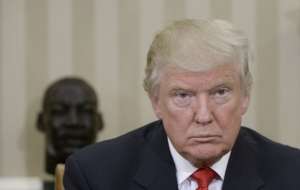Romania seems unable to set its own politics straight, although the country has a tremendous economic potential, given the "incredible "funds it could attract and use in order to counteract the effects of the crisis, Erste Group CEO Andreas Treichl told a press conference.
"Romania is a special case (i.e. among countries in Central and Eastern Europe). This State"s level of indebtedness is very low, and could attract an incredible quantity of funds to counter the crisis, but politically, it just cannot clean up its own backyard," Treichl said, when asked to given an outlook on CEE countries during a press conference called to unveil Erste Group"s financial results.
Treichl further said that the peak of the crisis had most likely been reached, although difficulties still persisted. "We don"t believe the crisis has already come to an end, but we do see the first signs - the flattening growth rate of non-performing loans for example - indicating that we may have passed the peak," Treichl said.
• Treichl: Erste could finalize group-wide salary scheme by end-2009
Erste Bank could finalize a unitary salary scheme for the entire group by the end of the year. Such scheme would include a unitary bonus policy, despite difficulties posed by different national regulations on fiscal and legal aspects.
Erste last year announced plans to create a group-wide salary scheme, but "it is not yet operational," CEO Andreas Treichl said.
Asked about the payment of dividends for the Y2009 results, Andreas Treichl said the bank was planning to maintain its current policy, but a decision could only be made in concert with the Supervisory Board, after the publication of the financial results for the year.
"We will keep our politics to take stick from both sides: On the one hand, because we pay not enough dividend, on the other hand, that we pay dividend at all! If it were up to me, the bank would keep a dividend quota of 20 to 25%," Erste Bank CEO Andreas Treichl said.


















































